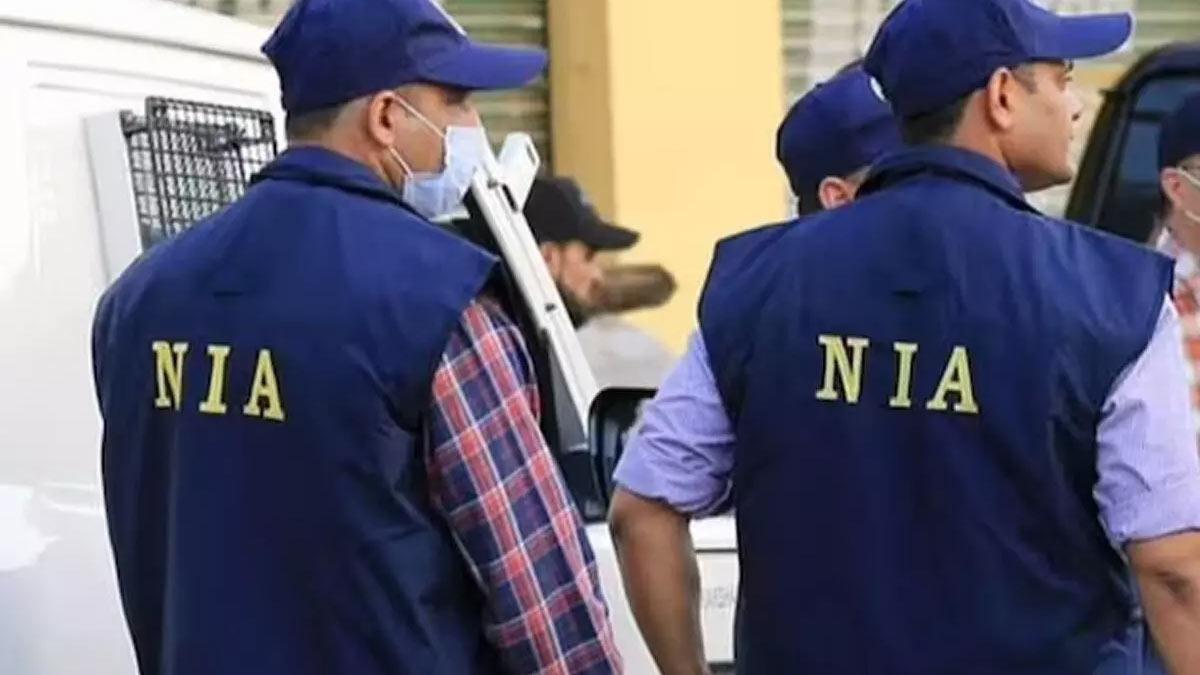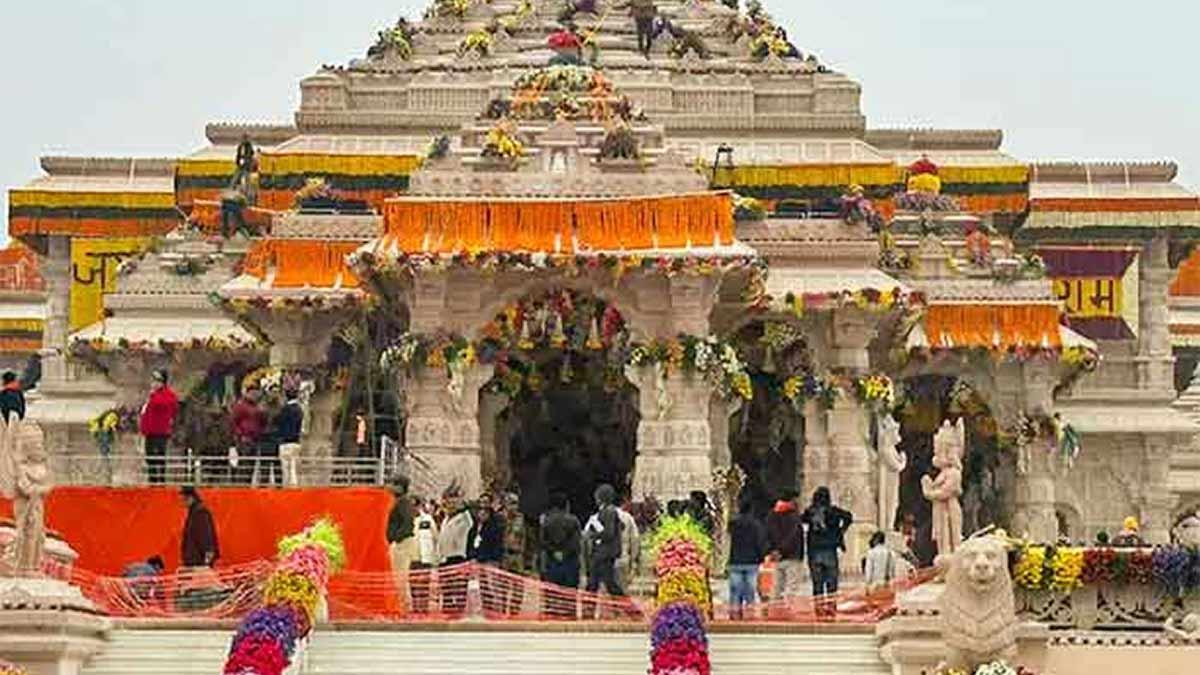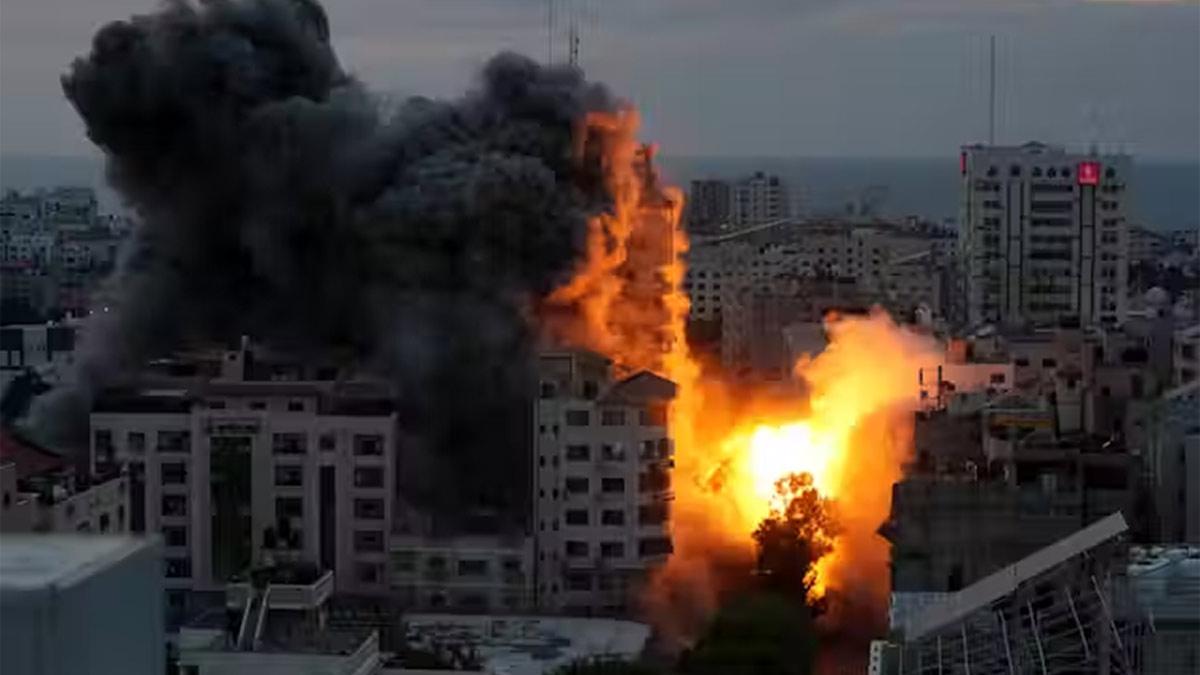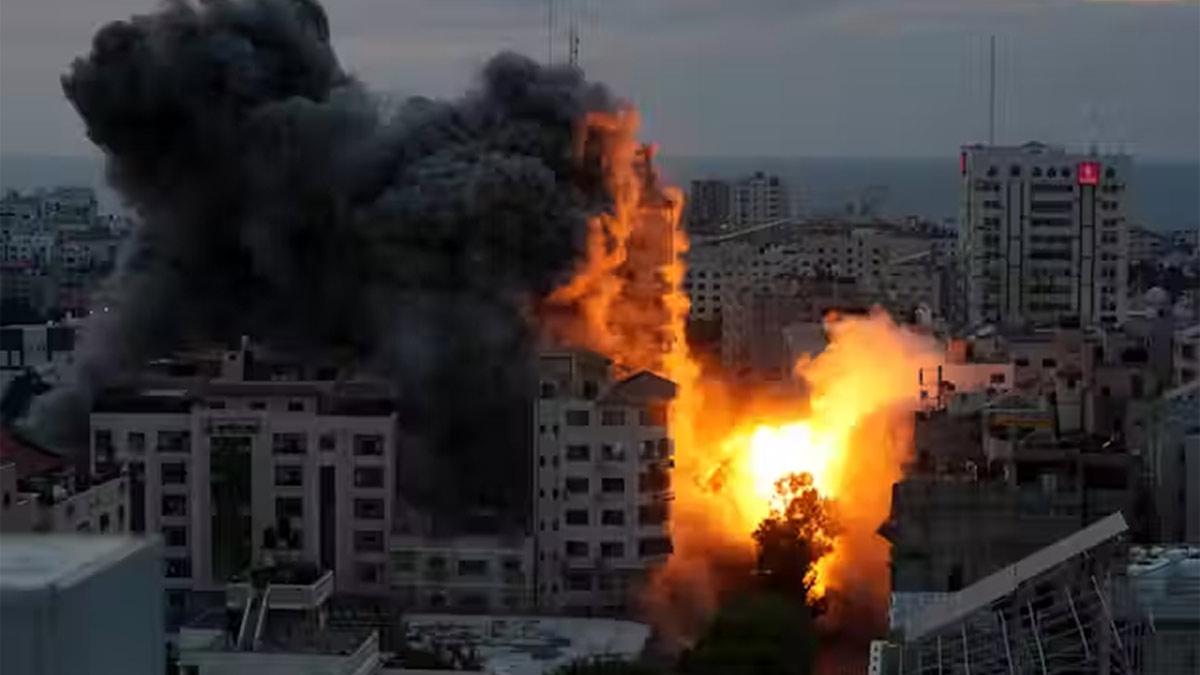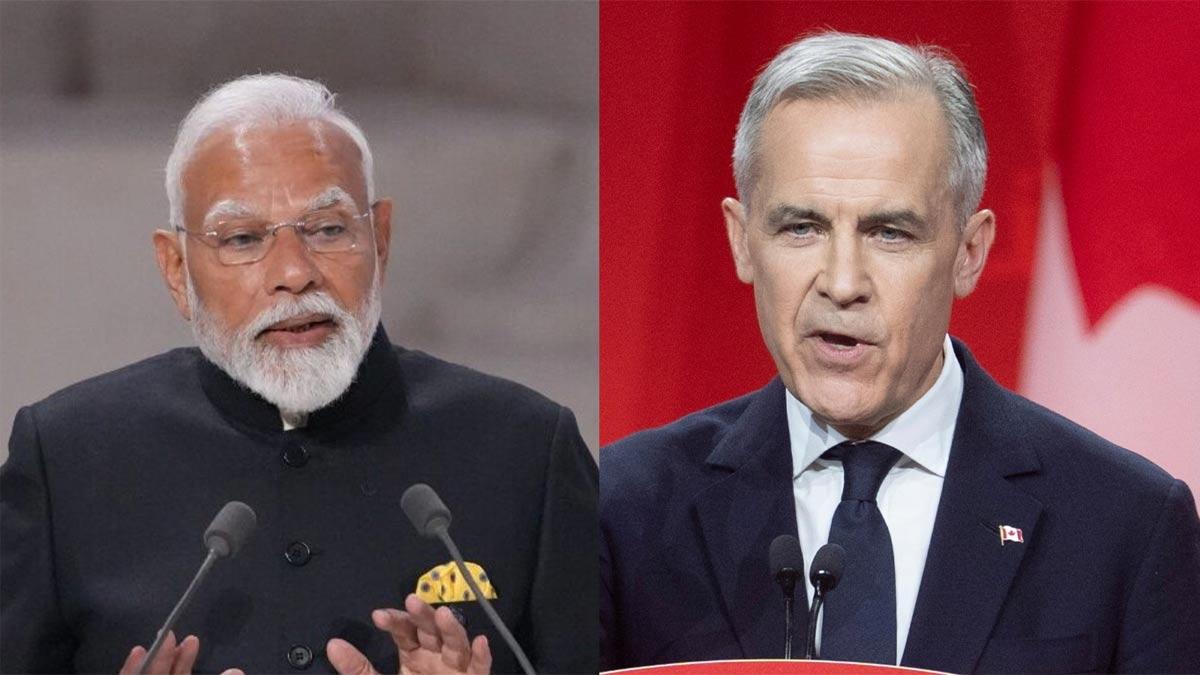The National Investigation Agency (NIA) has ensured a 100 per cent conviction rate for the year 2024, while it has made some significant progress in its never-ending fight against terrorism, extremism, and organised crime. Underpinning this achievement were a strong focus on Left Wing Extremism (LWE), North-East insurgency, and the growing nexus between terrorists and gangsters.
As per NIA's year-end report, the agency has registered 80 cases in 2024 and made a total of 210 arrests under various criminal categories. The highest numbers of these cases were of LWE with 28 cases and North-East insurgency with 18 cases.
Other important areas are Jammu & Kashmir jihadi activities, explosives, human trafficking, and the terror-gangster nexus.
In 2024, NIA registered cases in as many diverse categories, including seven based on jihadi activities in J&K, six relating to explosive substances, and five against human trafficking. Additionally, there were four other jihadi cases, four Khalistani terrorism cases, and two ISIS-related cases registered. The agency dealt with cases within the gangs, cyber terrorism, FICN (Fake Indian Currency Notes), amongst many others.
The NIA registered 25 cases and obtained 68 convictions across these cases along with charge-sheeting 408 accused individuals during 2024. It attached 137 properties and assets amounting to Rs 19.57 crore under its sustained effort to dismantle the terrorist, gangster, and other criminal networks.
The record performance of the agency includes the conviction of 68 persons in 25 cases and the filing of charge sheets against 408 accused. The NIA also attached assets worth Rs 19.57 crore in 2024 in its effort to disrupt terror networks and criminal operations.
LWE operations accounted for the biggest share with 69 detentions recorded in connection with 28 LWE cases. The NIA also targeted Northeastern insurgency, particularly ULFA-I-linked operations, mainly operations against the United Liberation Front of Assam, where it arrested several individuals accused of being behind the call to boycott Independence Day and its alleged IED planting activities all over Assam.
The other important highlight of 2024 was the successful action taken by the agency against the growing nexus of terrorism and gangsterism. In total, 14 persons were arrested in connection with Khalistani terrorism, and 13 arrests were made in cases related to gangsterism. The agency conducted 662 searches in all types of cases, which is a huge increase in its operations.
Aggregation of high-profile cases solved was shown by NIA throughout the year. In Vikas Prabhakar, the murder of VHP leader, the agency charge-sheeted six people on the spot with charge sheets to the Pakistan-based Babbar Khalsa International chief, Wadhawa Singh, and also achieved rapid progress in the extortion and firing case related to gangster Goldy Brar, who charge-sheeted 10 persons, including Brar himself.
It is also important to note that Tarsem Singh Sandhu, a Khalistani terrorist, who was extradited from the UAE, was testimony to the worldwide reach of NIA in combatting cross border terrorism.
NIA's anti-terror efforts also saw substantial gains in the way of arms recovered from various states. The latest haul was seized at Jammu from a Hizbul Mujahideen overground worker found in possession of explosives and arms.
Similar recoveries were made in cities like Jaipur, Patna, and Ranchi, with the report citing the agency's relentless efforts against illegal arms trafficking.
Other major developments included the arrest of 11 ISIS jihadis, five individuals connected to J&K-based jihadist groups, and 24 others linked to various terror activities. The agency also cracked down on human trafficking networks, arresting key operatives involved in trafficking people from Myanmar to India.
In one of the year’s most high-profile cases, the NIA solved the Rameshwaram cafe blast case within months, securing five arrests and four charge sheets. This case was among several in which the NIA demonstrated its capacity to act swiftly, thanks to close coordination with intelligence agencies and state police forces.
In an effort to crack down on the long-pending fugitives, the NIA also arrested the 27 absconding criminals. Amongst them was the notorious Savad who had been an absconder for 13 years in connection with the Kerala professor hand-chopping case. Significant arrests were of human trafficking, and the BJP leader Praveen Nettaru murder cases.
As part of continued efforts to better national security, NIA in 2024 conducted 11 training programs that involved 1,678 officials from state police. The organization also established two exclusively NIA courts in Jammu and Ranchi; this was seen as a further step toward enhanced operational capabilities of the agency.
The agency also developed a new handbook on the investigation of terrorism cases under the UA(P)A to standardise procedures for handling national security threats.
Read also| India's Defence Exports Surge from Rs 2,000 to Rs 21,000 Crore in 10 Years: Rajnath Singh
Read also| Delhi Police Deports 12 Illegal Bangladeshi Nationals in Ongoing Crackdown

